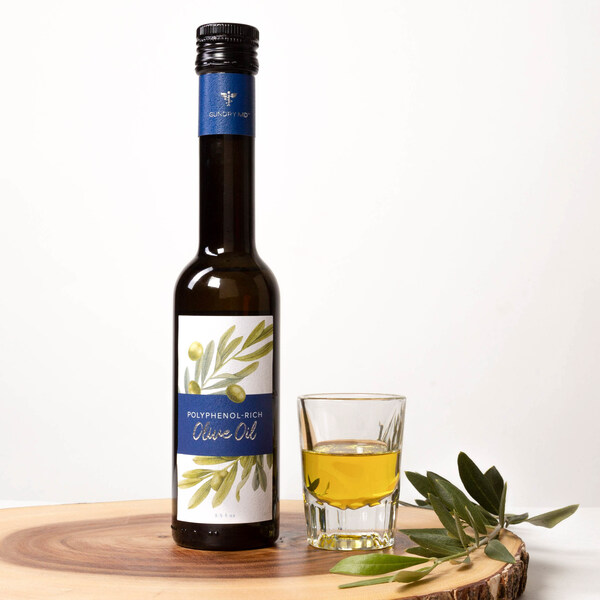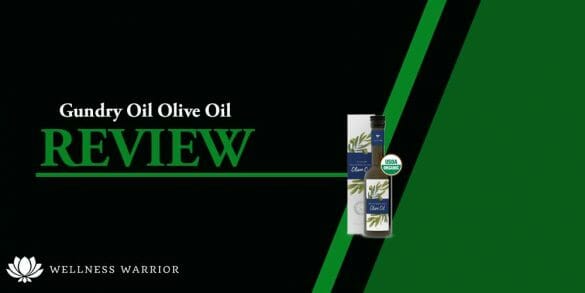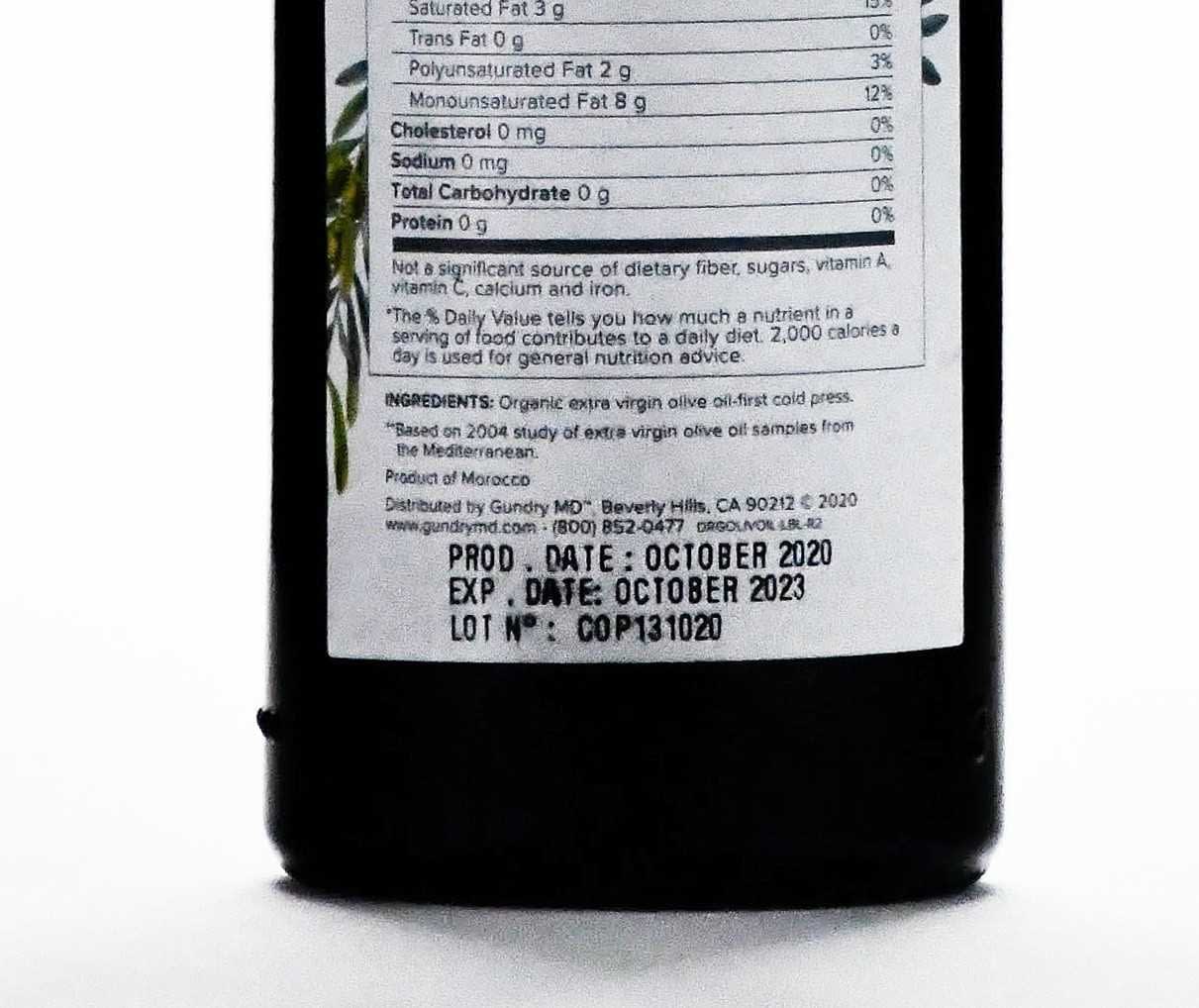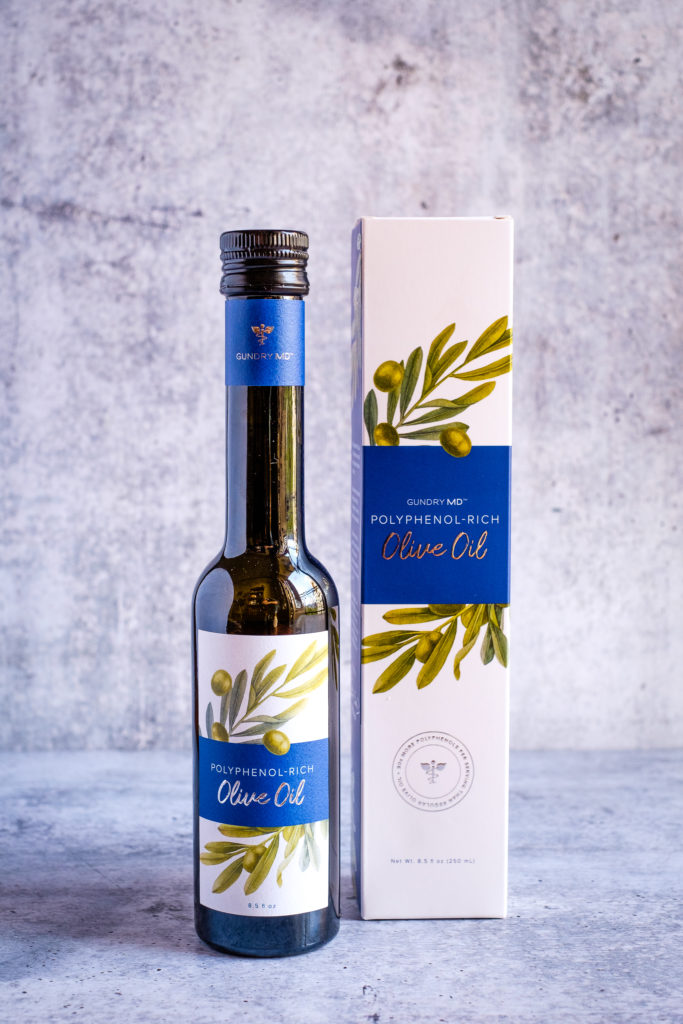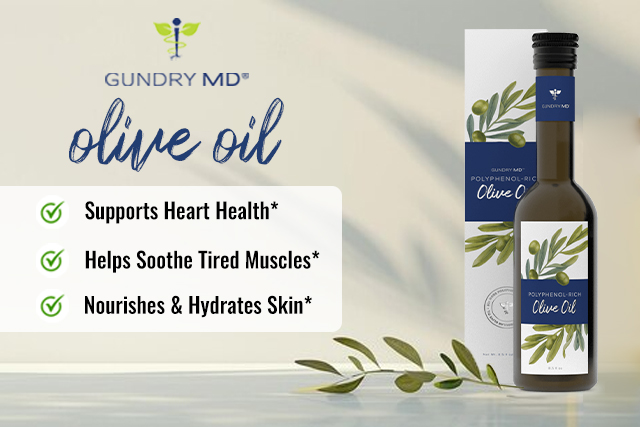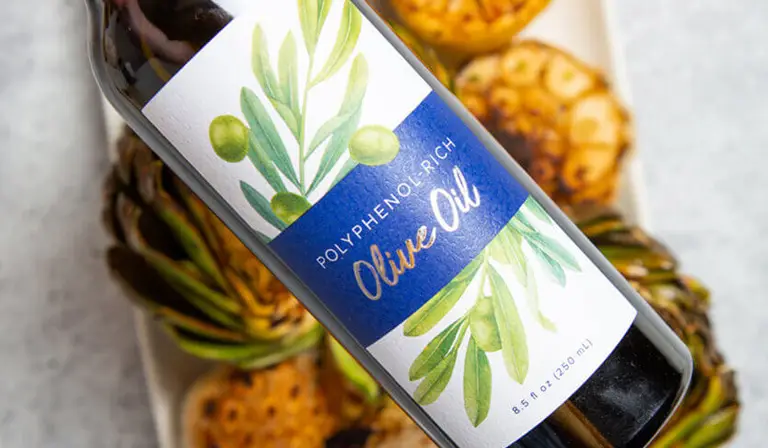Is Dr Gundry Olive Oil Legit
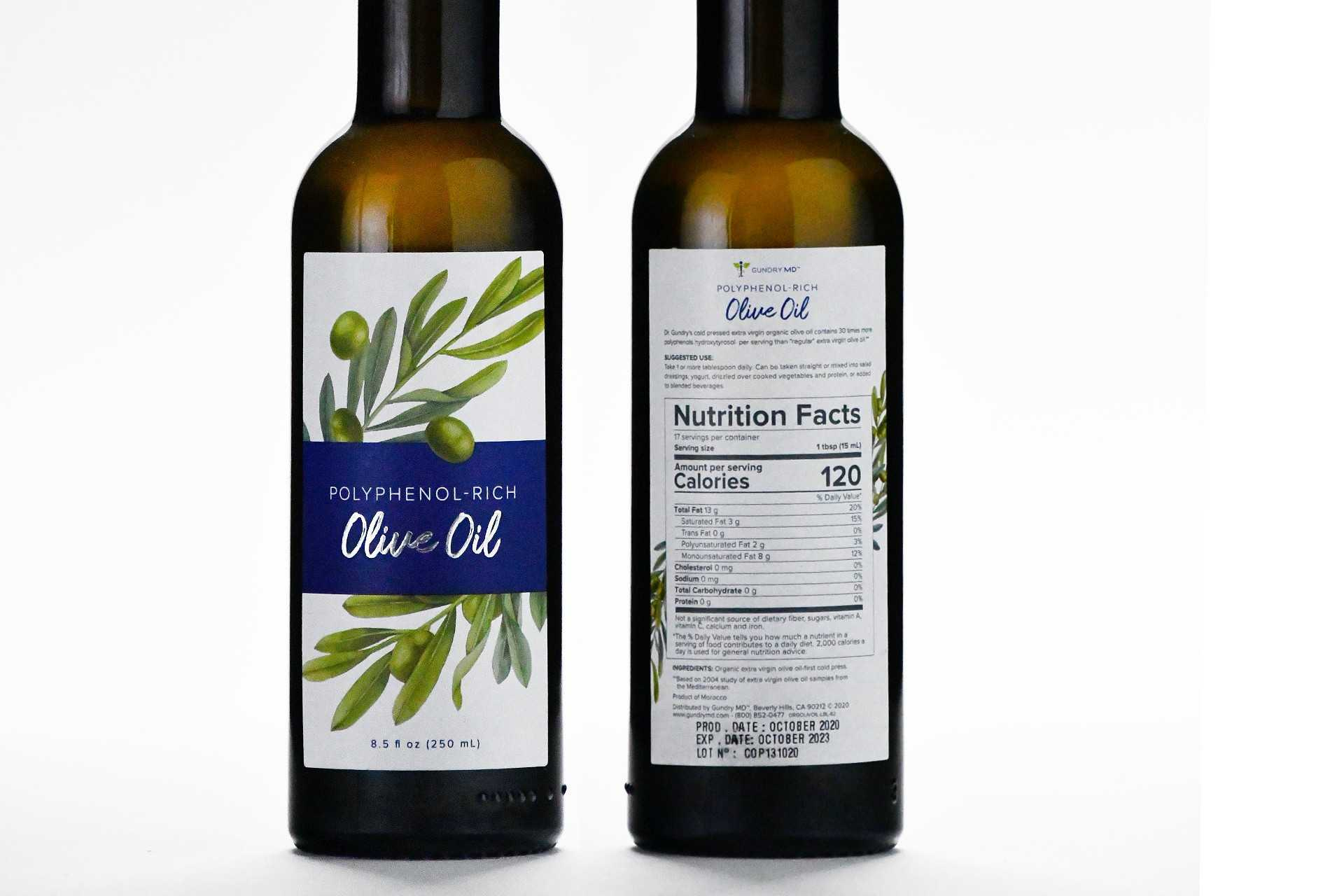
Imagine the sun-drenched hills of Italy, the air thick with the scent of ripe olives. Farmers, weathered and wise, carefully harvest the fruit, knowing that within each small sphere lies a golden elixir – olive oil. For centuries, olive oil has been a cornerstone of the Mediterranean diet, celebrated for its flavor and purported health benefits. But in a market flooded with options, and with claims ranging from the subtle to the sensational, how do we discern fact from fiction? Especially when a prominent figure like Dr. Steven Gundry enters the fray, offering his own take on this ancient staple?
This article delves into the world of Dr. Gundry's olive oil, examining its claims, the science behind them, and what experts have to say. Our goal is to provide you with a balanced perspective, empowering you to make informed decisions about whether this particular product deserves a place in your pantry.
The Gundry MD Philosophy: A Focus on Lectins
Before assessing the olive oil itself, it's crucial to understand Dr. Gundry's overall health philosophy. He is a former cardiac surgeon and the author of several books, most notably "The Plant Paradox."
His core belief centers around the idea that lectins, proteins found in many plants, can be harmful to the gut and contribute to inflammation and various health issues. Gundry advocates for a diet that minimizes lectins, including certain grains, beans, and nightshade vegetables.
This focus on lectins is a key differentiator in his approach to nutrition and also influences his product formulations, including his olive oil.
Dr. Gundry's Olive Oil: What Sets it Apart?
Dr. Gundry's olive oil is not simply marketed as "extra virgin olive oil." It is often promoted with specific claims related to polyphenol content and sourcing.
The brand emphasizes that their olive oil contains a higher concentration of polyphenols, beneficial plant compounds known for their antioxidant and anti-inflammatory properties. This claim is central to their marketing strategy.
They also highlight the specific origin and harvesting methods employed to ensure the oil’s quality and polyphenol preservation.
Polyphenols: The Heart of the Matter
Polyphenols are indeed powerful antioxidants. Research suggests they can play a role in protecting against chronic diseases like heart disease and cancer.
Olive oil is a good source of polyphenols, but the concentration can vary significantly depending on several factors, including the olive variety, growing conditions, harvesting time, and processing methods.
The question then becomes: Is Dr. Gundry's olive oil significantly higher in polyphenols compared to other high-quality extra virgin olive oils, and does that difference translate to tangible health benefits?
Examining the Evidence: Claims vs. Reality
Independent testing and certifications are crucial when evaluating claims about polyphenol content. It's important to look for verifiable data.
Reputable olive oil producers often provide detailed information about the polyphenol levels in their oils, sometimes even listing specific compounds and their concentrations. Look for certifications like those from the California Olive Oil Council (COOC) or similar organizations.
While Dr. Gundry's website may highlight the testing they conduct, it is beneficial for consumers to seek independent verification from third-party laboratories.
What Do Experts Say?
Registered dietitians and food scientists often caution against relying solely on marketing claims without supporting evidence.
Many experts agree that consuming any high-quality extra virgin olive oil, as part of a balanced diet, can provide health benefits. They emphasize the importance of choosing olive oils that are fresh, properly stored, and minimally processed.
They also recommend focusing on the overall dietary pattern rather than fixating on a single food or supplement. A Mediterranean-style diet, rich in fruits, vegetables, whole grains, and healthy fats, is consistently linked to improved health outcomes.
The Price Factor: Is it Worth the Investment?
Dr. Gundry's olive oil is generally priced higher than many other extra virgin olive oils on the market. This premium price point raises the question of value.
While a higher polyphenol content *may* offer additional health benefits, the extent of those benefits and whether they justify the increased cost is a matter of personal consideration.
Consumers should weigh the potential benefits against the price and their individual needs and preferences.
Beyond Olive Oil: The Broader Picture
It's essential to consider Dr. Gundry's olive oil within the context of his broader dietary recommendations. His emphasis on lectin avoidance is a controversial topic within the scientific community.
While some individuals may experience improvements in their health following a lectin-restricted diet, the long-term effects and overall nutritional adequacy of such a diet are still being studied.
Before making significant dietary changes, it's always advisable to consult with a registered dietitian or other qualified healthcare professional.
Making an Informed Decision: A Checklist for Consumers
When choosing olive oil, consider the following:
- Look for "extra virgin" certification: This indicates that the oil meets certain quality standards.
- Check the harvest date: Opt for oils that are relatively fresh.
- Consider the origin: Certain regions are known for producing high-quality olive oil.
- Read the label: Look for information about polyphenol content and other relevant details.
- Taste the oil: A good olive oil should have a fruity, peppery flavor.
Remember, the best olive oil for you is one that you enjoy and that fits within your budget and dietary preferences.
Conclusion: A Balanced Perspective on Dr. Gundry's Olive Oil
Dr. Gundry's olive oil is marketed with a focus on high polyphenol content and specific sourcing. While polyphenols are beneficial compounds, the extent to which this particular olive oil surpasses other high-quality extra virgin olive oils in terms of health benefits requires careful consideration.
Ultimately, the decision of whether or not to purchase Dr. Gundry's olive oil is a personal one. Consumers should weigh the claims against the evidence, consider the price point, and factor in their individual health needs and dietary preferences.
Perhaps the most valuable takeaway is the importance of a balanced, informed approach to nutrition. Focusing on a varied diet rich in whole foods, including high-quality olive oil, remains a cornerstone of good health.



